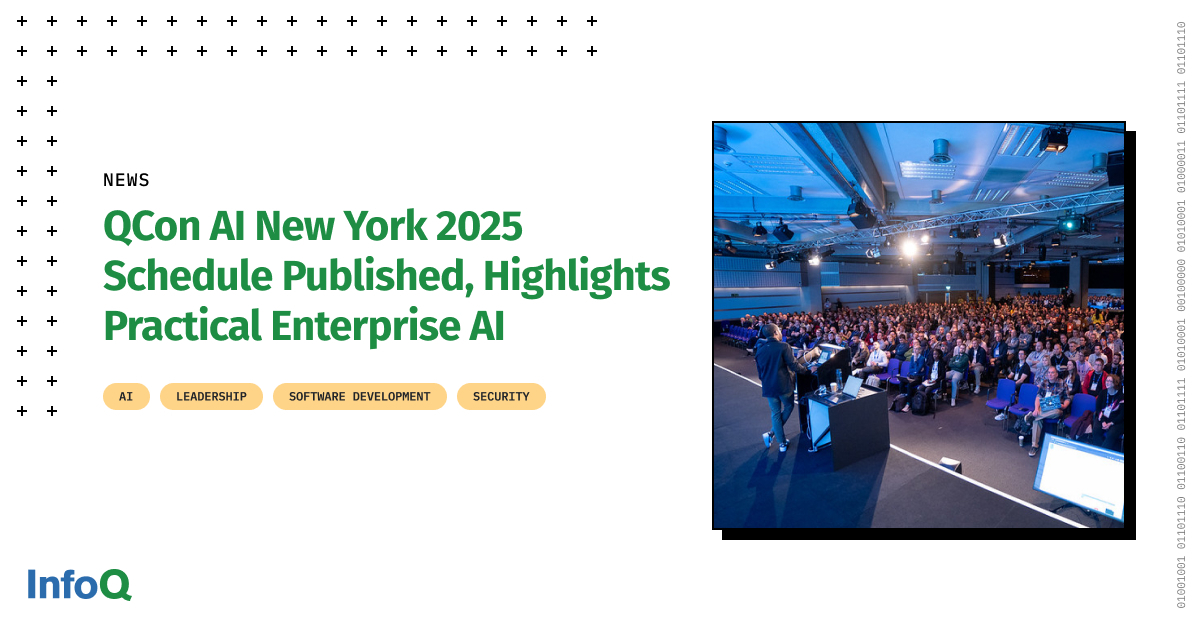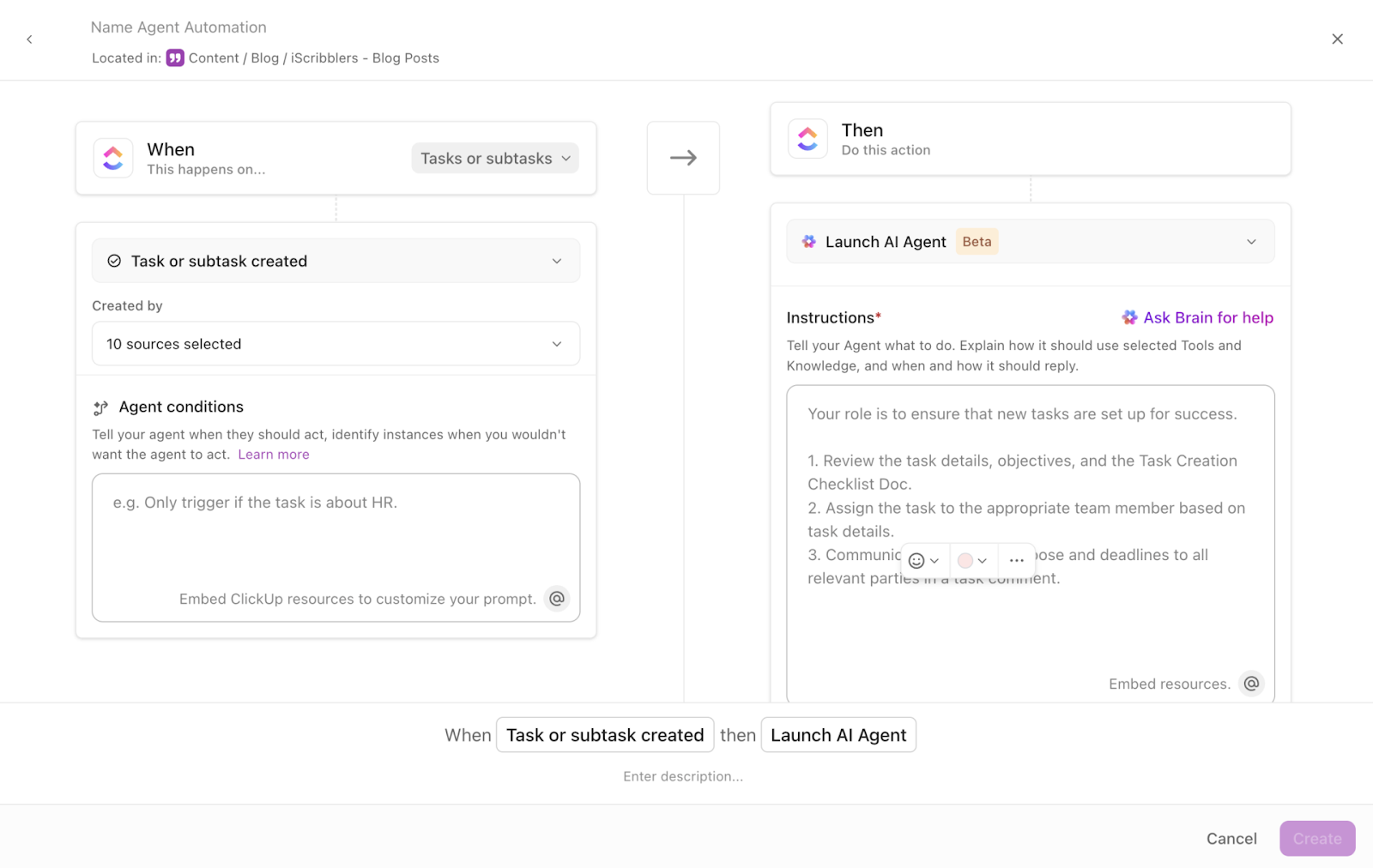The full program for QCon.ai New York 2025, taking place December 16–17, 2025, is now available. Designed for senior software engineers, architects, and technology leaders, this year’s conference focuses on one of the toughest challenges in modern software: turning AI prototypes into reliable, production-grade systems that scale.
Curated by a Program Committee of senior practitioners, QCon AI New York delivers in-depth, experience-driven sessions that address the realities of building, deploying, and maintaining AI systems in the enterprise.
“QCon.ai New York is focused on helping you build and scale AI reliably,” said Wes Reisz, Conference Chair and Technical Principal at Thoughtworks. “Every talk comes from practitioners who’ve done it — warts and all.”
Reisz highlighted several sessions from the program that best represent the conference’s engineering-first approach and its value for senior developers, architects, and technical leaders navigating the next stage of enterprise AI adoption:
AI’s Impact on the Software Development Lifecycle
The integration of AI is creating fundamental shifts in the software development lifecycle (SDLC). These sessions address the new challenges and opportunities for engineering teams.
- “AI Works, Pull Requests Don’t: How AI Is Breaking the SDLC and What To Do About It“: Michael Webster, a Principal Engineer at CircleCI with deep experience in developer tooling, will discuss the growing friction between AI-generated code and established quality gates like pull requests and CI pipelines. The talk will explore new processes required to maintain velocity without sacrificing code quality.
- “Platform Teams Enabling AI – MCP/Multi-Agentic Tools Across LinkedIn“: this session features LinkedIn Principal Engineers Karthik Ramgopal and Prince Valluri. They will cover the complex challenge of building centralized platform infrastructure to support a wide array of AI-driven developer tools used by decentralized teams across the organization.
Building and Scaling Reliable AI Systems
Moving from theory to production requires a focus on architecture, data governance, and reliability. These talks offer blueprints from leaders in the field.
- “Designing AI Platforms for Reliability: Tools for Certainty, Agents for Discovery“: Aaron Erickson, Founder of the DGX Cloud Applied AI Lab at NVIDIA, will explain a dual-layer architectural approach. He will discuss how to combine deterministic tools for high-stakes, reliable operations with probabilistic agents for complex discovery and problem-solving tasks.
- “Graph RAG: Building Smarter Retrieval Workflows with Knowledge Graphs“: Cassie Shum, VP of Field Engineering at RelationalAI, will present on advanced retrieval-augmented generation (RAG) techniques. The session will cover how leveraging knowledge graphs, which understand relationships between data points, can significantly improve the accuracy and context-awareness of LLM-based systems over standard vector search.
Emerging Threats and Trust Frameworks for Enterprise AI
The rise of AI introduces new threat vectors and defensive strategies. These sessions provide a C-level perspective on the security landscape.
- “Deepfakes, Disinformation, and AI Content Are Taking Over the Internet“: Shuman Ghosemajumder, Co-founder & CEO of Reken, will examine the use of generative AI by malicious actors to create fake content at scale and discuss potential technical and strategic countermeasures.
- “Building Evals for AI Adoption: From Principles to Practice“: Mallika Rao, Engineering Leader @Netflix, addresses a critical aspect of security: trust and safety. To secure an AI system, you must be able to evaluate its behavior and performance rigorously. This talk on building effective evaluations is key to identifying potential risks, biases, and vulnerabilities before they can be exploited or cause harm.
QCon.ai New York focuses on the real engineering behind AI. Each talk is designed to help teams close the gap between research and production, covering architecture, data systems, observability, and governance.
The full conference schedule is available now on at QCon.ai.
Early bird registration ends October 14.










